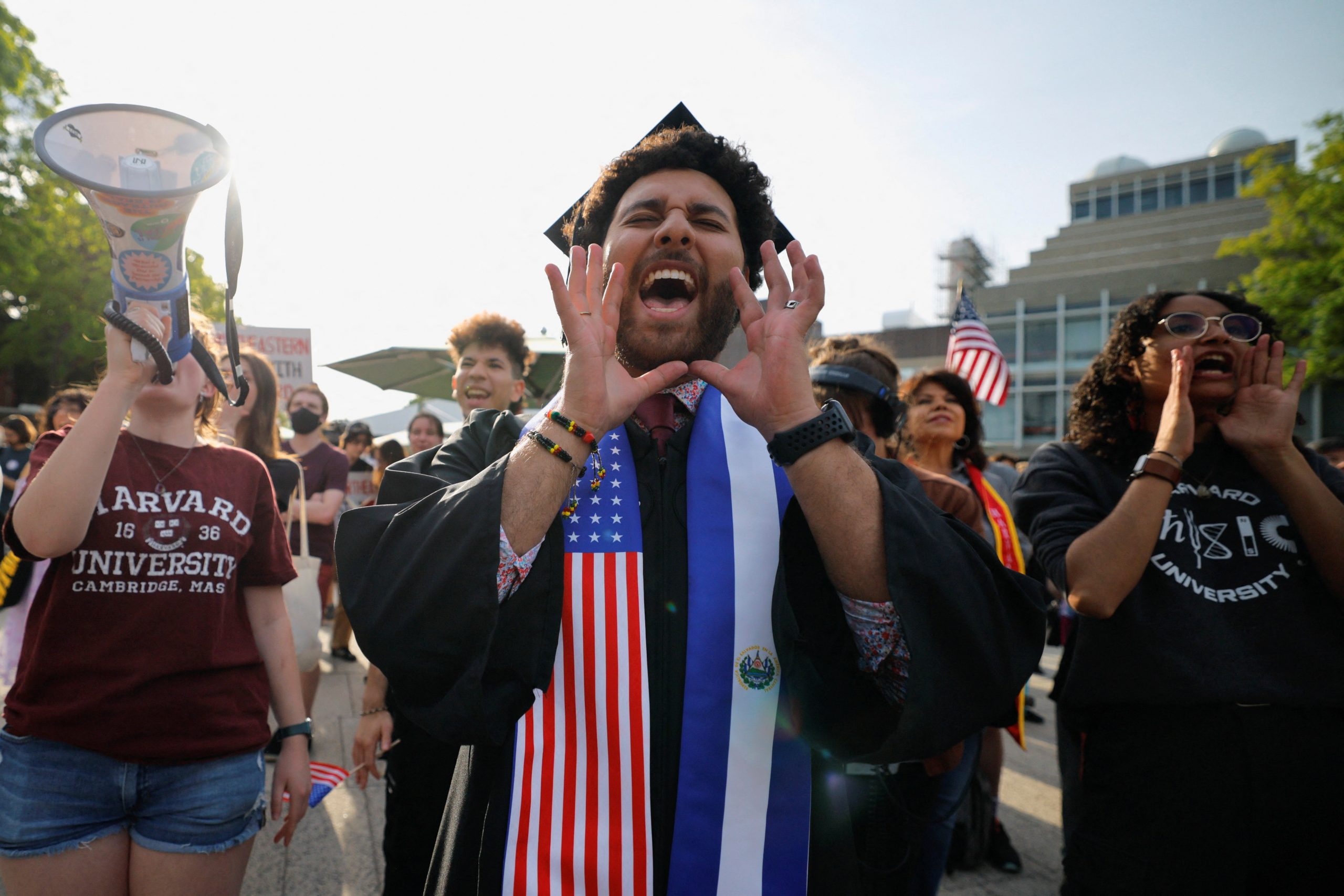The U.S. State Department has temporarily suspended visa interviews for student and intern applicants, affecting many Korean students and companies that recruit interns from South Korea.

The suspension applies to F visas (students), M visas (vocational training), and J visas (exchange visitors, including interns and researchers). According to reports, this abrupt policy change is expected to significantly impact Korean American businesses that had been hiring interns through these visa programs.
Screening Policy Prompts Global Interview Freeze
On May 27, political news outlet Politico reported that the State Department is considering mandatory social media screening for all student visa applicants. In preparation for this policy, U.S. diplomatic missions worldwide have been instructed to pause interviews for F, M, and J visas.
Marco Rubio, a senior government official, stated, “To prepare for expanded social media vetting and verification of student visa applicants, consular sections must immediately stop scheduling new interviews for student and exchange visitor visas until further guidance is issued.”
According to the State Department, previously scheduled interviews will proceed as planned, but no new appointments can be made for the time being.
Korean Americans Voice Concerns
The suspension has caused concern among members of the Korean American community. Bohyun Lee, director of EduCal Academy in Torrance, which offers early study abroad counseling, said, “Even before this, the number of Korean students studying abroad was declining due to the rise of international schools in Korea. This new policy will likely worsen the situation.” He added, “We haven’t received any new international students this year, and this measure will only discourage more.”
Allen Chun, CEO of Beaver, a company that builds convention booths, noted that all recent J1 visa interview requests from South Korea were rejected, adding, “This temporary suspension will make it even more difficult for companies currently trying to recruit interns through the J1 visa program.”
Protests, Policy Shifts, and Processing Delays
The policy shift follows recent campus protests in the U.S. involving anti-Semitic and pro-Palestinian demonstrations. During the Trump administration, similar protests led to the implementation of social media screening requirements for foreign students and mass visa cancellations for those involved in anti-Israel activities.
During a Senate Foreign Relations Committee hearing on May 20, Rubio remarked, “A visa is not a right but a privilege. We will continue to cancel the visas of those who come as guests but disrupt our higher education institutions.”
While the State Department has not yet disclosed the specific criteria it will review during social media screenings, Politico reported that former President Donald Trump’s executive order targeting terrorism and anti-Semitism will likely serve as the standard.
Politico also warned that the plan could significantly delay student visa processing and cause financial strain on universities that rely heavily on international students.
In response, the State Department emphasized its position, stating, “Every sovereign nation has the right to verify foreigners seeking entry.”
BY BRIAN CHOI [choi.inseong@koreadaily.com]
![From Pulpit to Motorcade: How a Mega-Church Pastor Turned LAX Into His Personal Red Carpet Men in suits are directing traffic on the roadway in front of the Tom Bradley International Terminal at Los Angeles International Airport. Rev. Younghoon Lee is stepping out of a stopped vehicle. [Instagram capture from @joy.of.everything]](https://www.koreadailyus.com/wp-content/uploads/2026/02/0206-pastor-2-100x70.jpg)


